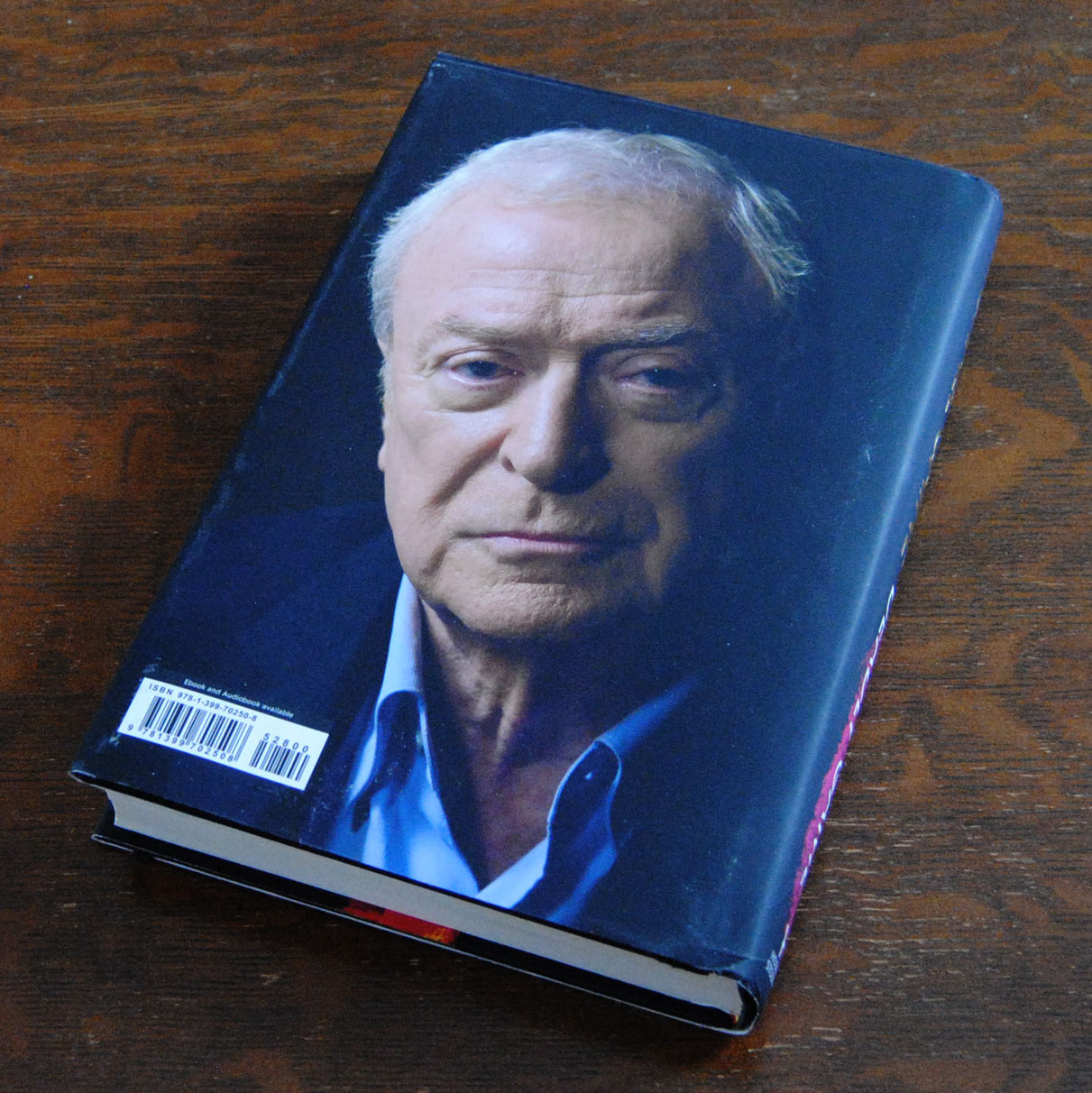
Screen icon, two-time Academy Award winner, and autobiographer Sir Michael Caine can now add “novelist” to his many titles. His debut endeavor Deadly Game is a thriller with the same grit, realism, and character shared by many of his famous characters.
In fact, before I get ahead of myself, I would argue that Deadly Game’s leading character DCI Harry Taylor might be slightly based on some of Caine’s silver screen portrayals.
The inside dust jacket reads like a long-lost Harry Palmer novel:
“DCI Harry Taylor has no respect for red tape or political reputations – but he’s great at catching criminals.
And all his unorthodox skills will be needed as an extraordinary situation unfolds on his doorstep: a metal box of radioactive material is found at a dump in Stepney, East London, but before the police can arrive it is stolen in a violent raid.
With security agencies across the world on red alert, it’s Harry and his unconventional team from the Met who must hit the streets in search of a lead. They soon have two wildly different suspects, aristocratic art dealer Julian Smythe in London and oligarch Vladimir Voldrev in Barbados. But the pressure is on. How much time does Harry have, and how many more players will join the action, before the missing uranium is lighting up the sky?”
It’s this background and this plot that allows Caine’s storytelling to thrive in a way that jumps off the page. I know how cliche that sentence is, but the storytelling here reads more like a film and less like a novel. It moves at such a breakneck pace that the book really is a stick of TNT lit from the moment you start reading the first page, and the fuse is burning quickly.

But here’s the thing: while this is a grand worldwide adventure, starting in merry old England and encompassing the Caribbean to thwart global nuclear threats and conspiracies, it’s a boots-on-the-ground procedural without the protocols. The front cover of the book does state that “DCI Harry Taylor is about to break all the rules…”
This is where the book feels like something more grounded, which might be the reason that the pace feels so fast. The synopsis I’ve used thus far has come from the book, but I would argue a better, more cryptic, and perhaps more accurate description would be this:
When DCI Harry Taylor and his small, specialized team do their job better than bloated bureaucracy, a power vacuum is created. The bureaucracy wants to act on Taylor’s information and leads, but Harry and his team have to race to complete their investigation before all the red tape, inquiries, and logistics make solving the case anything but possible.
Taylor’s contempt for the price of progress is known right from the beginning. “In all the new clobber and with all the regulations, they weren’t really coppers any more: half robots, half bureaucrats – at least in Harry’s book.”
This book is a must-read for fans of Len Deighton. It feels like portraying Harry Palmer on the big screen imbued Caine with at least a small Deighton-esque storytelling style while creating something unique and wonderful.
One sentence from around halfway through the novel feels like part of the reason it feels inspired by Deighton, though perhaps I’m taking this connection a bit too far. Anyway, the line is;
“At times it felt like they were chasing Armageddon; and, at other times, it seemed that it was all nonsense on stilts, nothing more than a collision of rumour, hearsay and scaremongering.”
So, no matter how many connections I draw to Caine’s portrayal of Deighton’s Harry Palmer, know that this thriller truly stands on its own merits, and I’m happy to have read it. It doesn’t scream for a sequel, but if Caine, in his retirement from acting, were to write a follow-up, I’d preorder it before he finished writing Chapter One.
Read the Secret File of technical information and quotes from Deadly Game by Sir Michael Caine.